In recent months, trade body Plastics Recyclers Europe (PRE) has warned of an “imminent collapse” in the sector, pointing to falling demand, rising costs and regulatory pressures that are forcing facilities out of business.
In some cases, brand owners are quietly stepping back from recycled content commitments, favouring cheaper alternatives despite public concern over plastics and corporate pledges to cut waste.
Against this backdrop of uncertainty, the economics of virgin plastic are proving hard to compete with.
Prevented Ocean Plastic
In response to this landscape, Prevented Ocean Plastic (POP) was launched in 2020 from parent company, Bantam Materials.
The company collects plastic waste from coastal communities at risk of ocean leakage, processes it through audited facilities and supplies the resulting recyclate back into packaging.
Schieir explained: “The ethos is around prevention. We don’t fish anything out of the water. It’s about capturing it before it gets there.”
Today, more than half of POP’s supply comes from mid and Southeast Asia, with collection centres including East Borneo, Sulawesi, Java and Bali. The company also works in Central and South America, the Mediterranean, and East Africa.
According to POP, over 300 jobs have been created to date, with the company emphasising the importance of “jobs with dignity”, providing protective equipment, clean water and proper sanitation to workers.
Schieir added: “In this industry, we’re one of the first members of the Ethical Trading initiative, which is an ethical organisation for which almost all UK supermarket retailers are a part of, and I believe we’re the first ever recycled material provider that’s a member of the Ethical trading initiative.”
Partnerships across the supply chain
An important aspect of POP’s work is its insistence on traceability and visibility: every bottle or container carrying its logo can be linked back to material collected through its network.
That model has attracted a growing roster of commercial partners, including supermarket chain Lidl as an early adopter, and cosmetics retailer Lush.
Schier said: “The way business historically would have worked would have been to not let the customer know the name of the supplier. We’ve taken it in the opposite direction and we want people to know where their plastic comes from.”
The company has also created partnerships across the sporting world, including with water brand Cure, Crystal Palace FC’s official water sponsor, who has launched refillable bottles branded with POP.
POP has aligned itself with athletes and teams to broaden its reach: from Marley Packer, captain of England’s women’s rugby team, to ambassadors in beach volleyball and the Paralympics.
Competing with virgin plastics
For all its progress, POP operates in a market tilted against recycled content.
Schieir was candid about the central challenge: virgin plastic, produced from fossil fuels, is often just a fraction of a penny cheaper per bottle than its recycled counterpart.
That tiny difference is enough to tip corporate purchasing decisions, especially when bonus structures and quarterly targets reward short-term savings.
POP prices its material competitively against other recyclates, ensuring brands pay no more than they would for high-quality European or UK-sourced recycled plastic. But when virgin prices drop, many companies quietly roll back on their sustainability pledges.
Schier said: “The cost of virgin plastic has gone down so low that a lot of companies are moving off of their commitments, which is why we’re so proud of companies like Lush, Child’s Farm, Cure and Lidl who have been able to maintain and move forward with their commitments when others have not.”
These pressures, without global regulation, underscore the fragility of the recycling economy, with PRE warning that by the end of 2025 Europe is likely to have lost close to one million tonnes of recycling capacity compared to 2023.
At the same time, POP has sought to demonstrate what innovation in this space can achieve.
In September, the company announced the launch of the first circular food-grade polypropylene (PP) recycling chain, a development it says could prevent 500 million plastic cups from reaching the ocean each year.
Policy needs to fill the gaps
Schieir pointed to three global policy measures as essential for levelling the playing field.
The first is mandatory recycled content minimums, ensuring that recycled plastic becomes a requirement rather than an optional extra.
The second is extended producer responsibility (EPR), with POP already aligning its franchise model with emerging systems – supported by transparency tools such as its on-pack logo to prove where material comes from.
The third is plastic taxes set at the right level. The UK’s Plastic Packaging Tax charges £217.85 per tonne for packaging with less than 30% recycled content, but Schieir suggested that this only covers a fraction of the cost gap with virgin plastic.
Unless taxes close that gap, he warned, they risk becoming little more than a cost of doing business.
These calls echo wider frustrations in the sector. The collapse of negotiations around a UN global plastics treaty has highlighted how competing interests can derail efforts at international level.
Closer to home, recycling associations and environmental groups such as RECOUP are urging the UK government to reform the plastic packaging tax to drive genuine demand for recyclate.





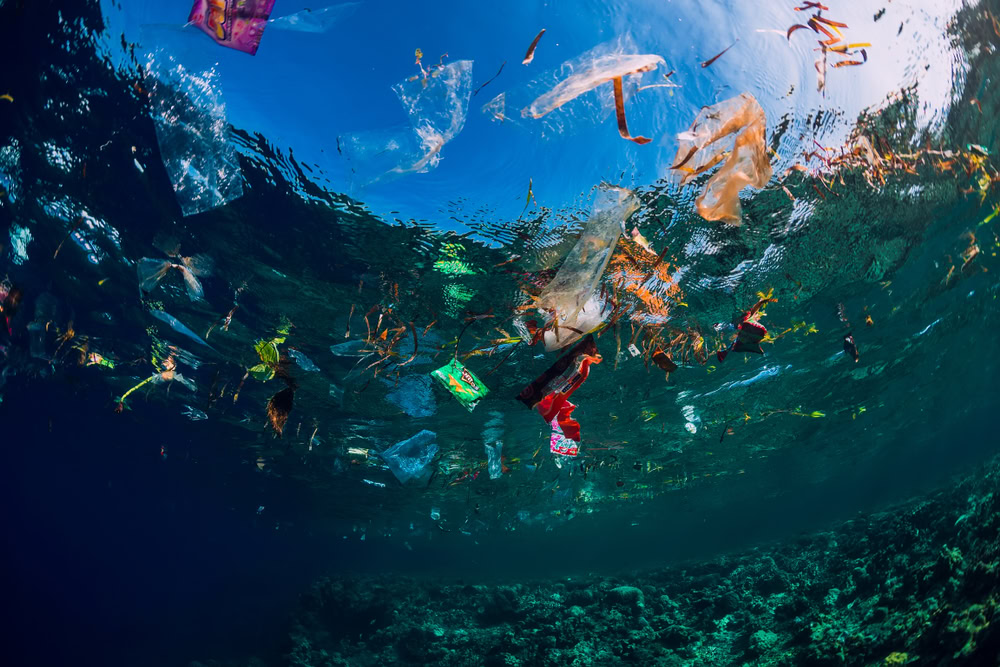
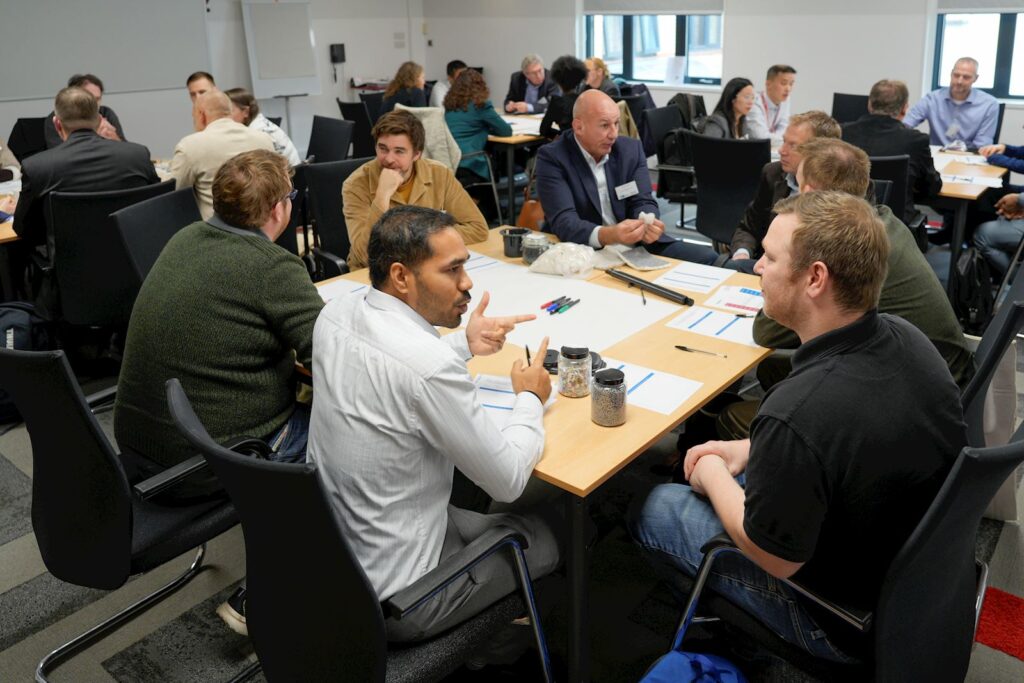
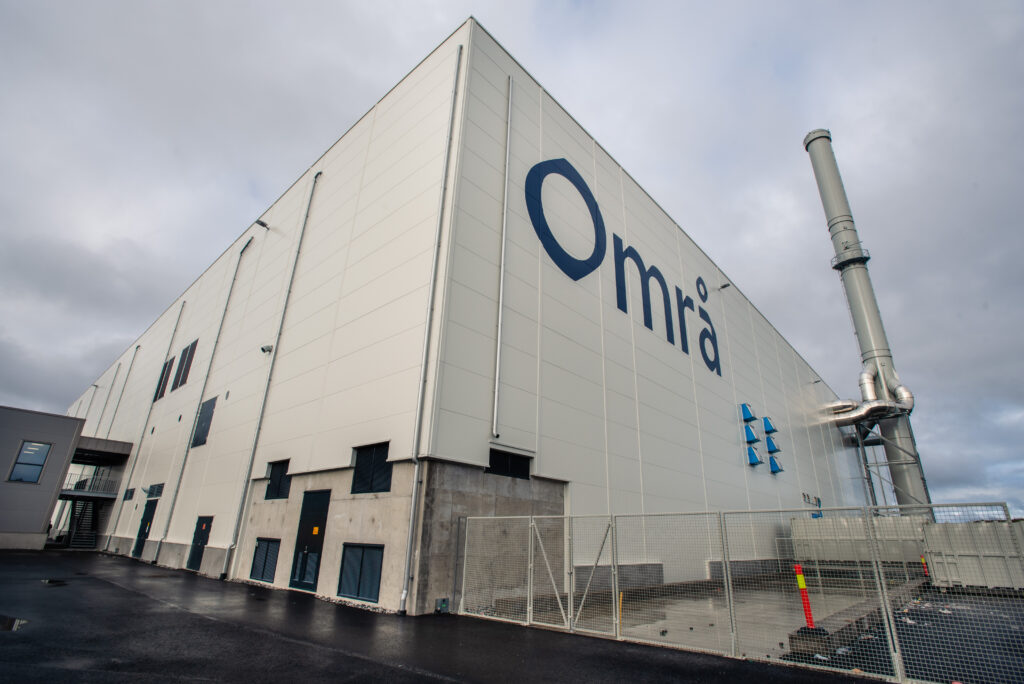
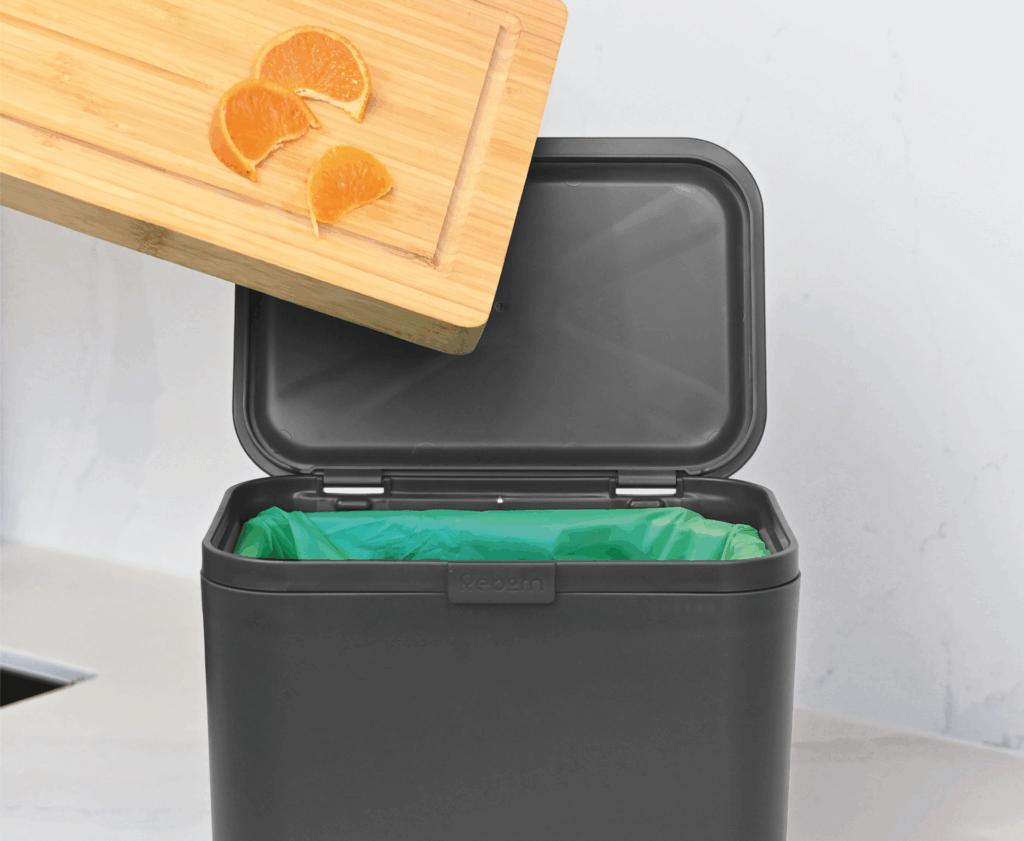
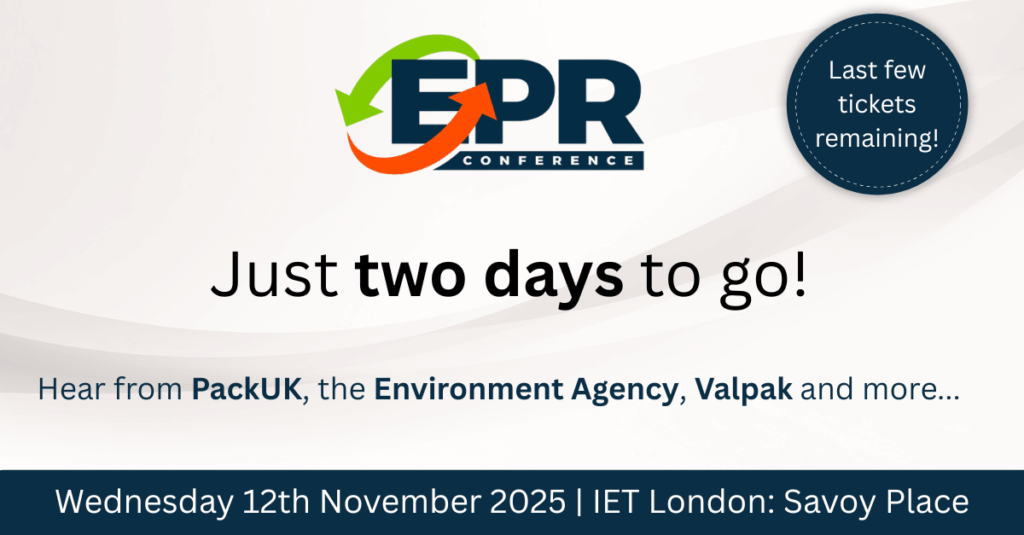
Subscribe for free